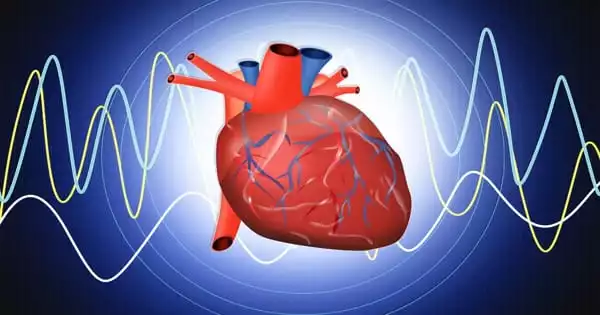B cells in the bone marrow produce acetylcholine, a chemical messenger that inhibits inflammation in the heart and blood arteries by inhibiting the generation of white blood cells. Scientists may be able to address inflammation in cardiovascular problems if they can tap into this process.
White blood cells, which are created in the bone marrow by the immune system, usually help to guard against bacteria and injury, but they can sometimes turn against the body; for example, in cardiovascular disease, their inflammatory hostility can destroy arteries and the heart. A new study published in Nature Immunology by researchers at Massachusetts General Hospital (MGH) sheds light on the processes that regulate the output of these cells in the bone marrow. The findings may lead to new treatments for conditions that arise when the balance of white blood cell production goes awry.
Senior author Matthias Nahrendorf, MD, Ph.D., an investigator in MGH’s Center for Systems Biology and The Richard Moerschner professor at the MGH Research Institute and Harvard Medical School, explains that the nervous system plays a role in controlling blood cell production through chemical messengers or neurotransmitters.
When we looked at how acetylcholine affects blood cell production, we discovered that it accomplishes what we predicted — it reduces white blood cells, whereas noradrenaline increases them.
Matthias Nahrendorf
“This is crucial in people who are stressed because stress hormones, which are part of the sympathetic nervous system’s ‘fight-or-flight’ response, may enhance bone marrow activity and cardiovascular inflammation in response to the neurotransmitter noradrenaline,” he explains. The sympathetic nerves are balanced by the parasympathetic nerves, which slow down responses and bring about a state of calm in the body, mostly through the neurotransmitter acetylcholine.
Because acetylcholine has been shown to protect against inflammation and heart disease, the researchers looked into this neurotransmitter in bone marrow. “When we looked at how acetylcholine affects blood cell production, we discovered that it accomplishes what we predicted — it reduces white blood cells, whereas noradrenaline increases them,” says Nahrendorf. “What was surprising, however, was the source of the neurotransmitter acetylcholine.”

The researchers discovered no evidence of the normal nerve fibers known to release acetylcholine in the bone marrow. Instead, B cells, a kind of white blood cell best known for producing antibodies, supplied the acetylcholine in the bone marrow. “Thus, B cells fight inflammation by suppressing white blood cell synthesis in the bone marrow, even in the heart and arteries. Surprisingly, they do so via a neurotransmitter” explains Nahrendorf
Exploiting this process may aid researchers in developing techniques to reduce inflammation in cardiovascular diseases such as atherosclerosis. “In the end, this could lead to new therapies for myocardial infarction, stroke, and heart failure,” says Nahrendorf.
Cytokines are chemical messengers or hormones that are extraordinarily strong and act at very low quantities. They are particularly selective and work through unique receptors on the target cell membrane.
Cytokine receptors are membrane glycoproteins made up of multiple components. They play the job of signal internalization. This sets off a chain of intracellular signaling events involving several proteins. Among them are JAK kinases, which recruit and activate STAT transcription factors.
The result of this chain reaction is the induction of several genes that mediate the biological activities of cytokines. Besides membrane receptors, soluble receptors for different cytokines have been found in sera; they are similar to the membrane receptors and are found in large quantities. It is thought that their function is the regulation of cytokine production, and to act as antagonists of the membrane receptors.
Cytokines’ roles are sometimes similar to those of hormones, which is why they are also referred to as immune system hormones. Cytokines have a role in the innate immune response by activating macrophages and NK cells, resulting in inflammatory and chemotaxis processes. They also aid in the adaptive immune response by acting on T and B cells, promoting communication across distinct cell populations. The primary distinction between cytokines and hormones is that cytokines have an influence on multiple cell types and tissues, whereas hormones typically work on a single organ. Furthermore, cytokines can be produced by a single cell, which is not the case with hormones.





